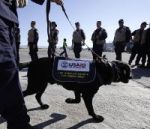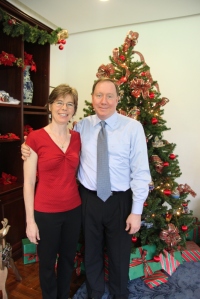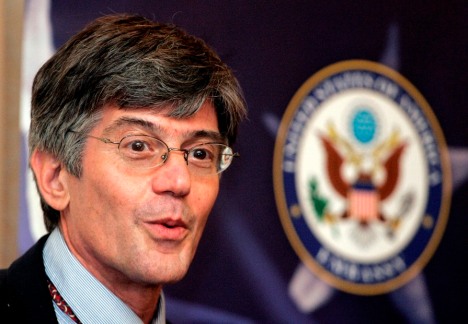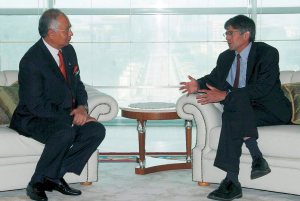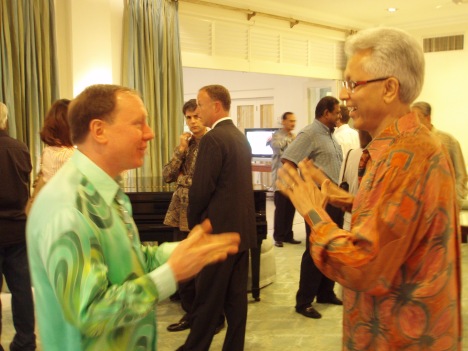We are assisting earthquake-stricken Haiti
On January 12 a severe earthquake struck in Haiti, devastating the capital city, Port au Prince, as well as surrounding areas. The American Red Cross now estimates that 3 million people are affected by the disaster. While the full measure of human suffering from this earthquake is not yet known, we do know that the survivors need immediate help. The U.S. has mounted what we are calling a “swift, aggressive, and coordinated” response to Haiti’s disaster through the U.S. Department of State, the American Red Cross, the U.S. Army, Coast Guard, and other organizations. A 72-member canine search and rescue team arrived in Port au Prince the day after the quake. The USS Carl Vinson was dispatched to Haiti, expected to arrive January 14, and approximately 2,000 U.S. Marines and 3,000 U.S. Army personnel from Camp Lejeune and Fort Bragg respectively are on their way to help. At the request of President Obama, former Presidents G.W. Bush and Bill Clinton have also agreed to assist with coordination of relief efforts. Secretary Hillary Clinton returned to Washington from Honolulu, cancelling a ten day trip to Asia so that she could coordinate the U.S. response to the disaster.
Not only is the United States commitment to Haiti growing, but the international commitment is as well. As of January 14, at least 31 countries have provided meaningful assistance that has already reached Haiti or is on its way. U.N. Special Envoy to Haiti, former President Bill Clinton, has said that fast action and close coordination among the United States, United Nations and other actors on the ground will be key to ensuring that Haiti will emerge from this disaster and resume its road to recovery. I received information today that some of my U.S. Embassy colleagues in Haiti have perished in the earthquake or are still missing. Our hearts go out to the people of Haiti and to all of those affected by this disaster.
For more information about earthquake relief efforts, visit: http://www.state.gov/p/wha/ci/ha/earthquake/index.htm
Filed under: Uncategorized | 1 Comment »


